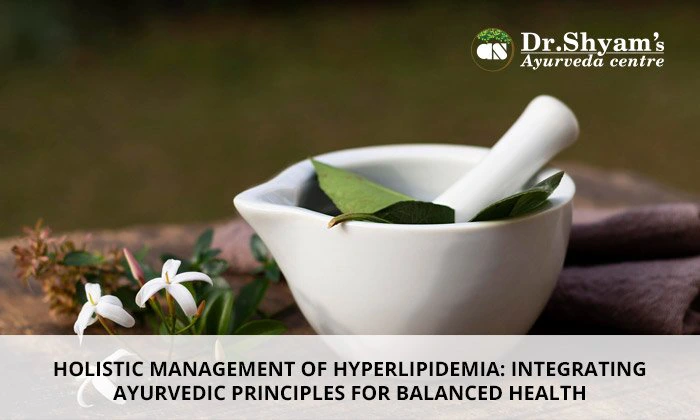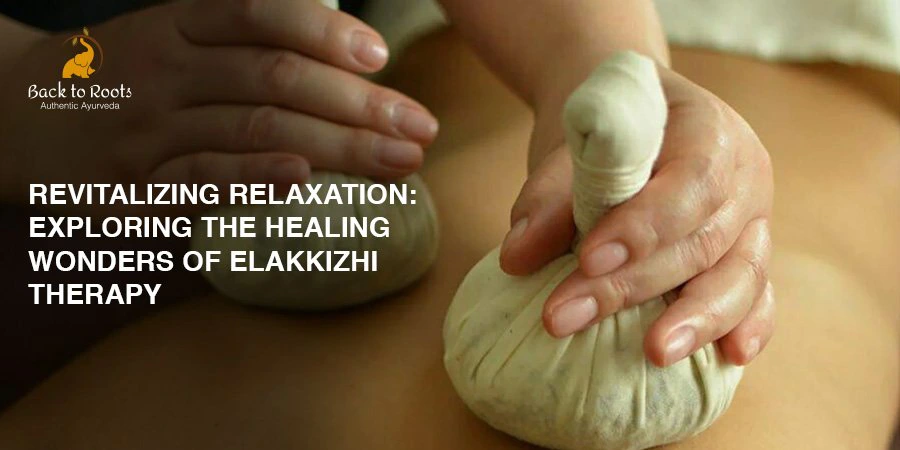Menopause marks a significant milestone in a woman’s life, representing the cessation of menstrual cycles due to the natural depletion of ovarian oocyte/ovum with age. Typically occurring in the late 40s to early 50s, menopause brings about various physical and emotional changes, impacting women’s health and well-being. From hot flashes and mood swings to sleep disturbances and vaginal dryness, postmenopausal symptoms can be challenging to manage. Ayurveda treatment in Dubai provides tailored approaches to manage menopausal symptoms by emphasizing personalized dietary and lifestyle interventions. This ancient Indian system of medicine offers holistic solutions, addressing individual needs for optimal well-being during this transition.
In this article, we explore the ayurvedic management of postmenopausal symptoms, emphasizing the importance of addressing imbalances in the doshas and supporting overall health during this transitional phase.
Phases of menopause:
Menopause is a natural biological process that marks the end of menstruation and fertility in women. Menopause is often divided into three phases:
- Pre-menopause may begin 8-10 years before menopause, characterized by irregular periods and hormonal fluctuations.
- Menopause is confirmed when a woman has not had a period for 12 consecutive months.
- In the postmenopausal phase, oestrogen levels decline significantly, leading to various symptoms and health implication.
Common symptoms of menopause:
Menopause brings about a variety of physical and emotional symptoms, which can vary in intensity and duration among women. Common symptoms include:
- Hot flashes: sudden sensations of heat, often accompanied by sweating and flushing, are a hallmark symptom of menopause. These hot flashes can disrupt sleep and daily activities, leading to discomfort and irritability.
- Night sweats: similar to hot flashes, night sweats involve excessive sweating during sleep, which can disrupt sleep patterns and contribute to fatigue and mood disturbances.
- Mood swings: hormonal fluctuations during menopause can affect neurotransmitter levels, leading to mood swings, irritability, anxiety, and depression. Emotional changes may vary in severity and can impact daily functioning and quality of life.
- Vaginal dryness: declining oestrogen levels can result in vaginal dryness, itching, and discomfort during sexual intercourse. These symptoms can affect sexual satisfaction and overall quality of life for women.
- Sleep disturbances: changes in hormone levels and night sweats can disrupt sleep patterns, leading to insomnia, difficulty falling asleep, or staying asleep throughout the night. Sleep disturbances can contribute to fatigue and irritability during the day.
- Weight gain: many women experience weight gain, particularly around the abdomen, during menopause. Hormonal changes, decreased metabolism, and lifestyle factors can contribute to changes in body composition and weight distribution.
- Bone health issues: oestrogen plays a crucial role in maintaining bone density, and its decline during menopause can increase the risk of osteoporosis and fractures. Women may experience joint pain, stiffness, and decreased mobility as a result.
- Memory changes: some women may notice changes in cognitive function and memory during menopause. Hormonal fluctuations, sleep disturbances, and stress can affect cognitive performance and concentration.
Understanding menopause in ayurveda:
In ayurveda, menopause is acknowledged as “rajonivritti kala,” signifying a natural phase akin to modern menopause. This period signals the waning of ovarian function and hormonal shifts, resulting in the cessation of menstrual cycles. A comprehensive approach is needed to alleviate menopausal symptoms, encompassing both the physical and emotional dimensions of this transition.
In ayurveda, menopause is viewed through the lens of dosha imbalances, particularly focusing on pitta and Vata doshas. Here’s how ayurveda perceives these imbalances during menopause:
- Pitta imbalance: Pitta dosha governs metabolism, digestion, and transformation in the body. During menopause, excess pitta can lead to symptoms such as hot flashes, irritability, inflammation, and excessive sweating. Women experiencing these symptoms may have a heightened pitta imbalance.
- Vata imbalance: Vata dosha controls movement, circulation, and nervous system function. Apana Vata, which governs the genitourinary tract, elimination, and menstruation, is particularly important to address during menopause. Menopause often exacerbates Vata imbalances due to the natural drying and cooling effects of this phase. Symptoms of Vata imbalance during menopause may include dry skin, vaginal dryness, joint pain, insomnia, and anxiety.
By understanding and addressing these dosha imbalances through ayurvedic principles, women can navigate menopause with greater ease and minimize the intensity of associated symptoms.
Dietary Recommendations:
Diet is integral to managing menopausal symptoms in Ayurveda. Emphasizing fresh, organic foods prepared daily supports robust digestion and prevents the accumulation of ama, or digestive impurities, which can exacerbate symptoms. Tailored dietary recommendations addressing individual Doshic imbalances can effectively alleviate menopausal discomfort.
- For individuals prone to pitta-related issues such as hot flashes or irritability, adhering to a pitta-pacifying diet is recommended. This involves avoiding spicy, salty, and sour foods while favouring bitter, astringent, and sweet foods, known for their cooling effects on pitta dosha.
- Those experiencing Vata-related menopausal symptoms like memory loss or vaginal dryness should focus on balancing Vata dosha through their diet. This includes consuming warm, cooked, and unctuous foods containing modest amounts of healthy fats such as ghee and olive oil. Additionally, incorporating sweet, sour, and salty foods can help restore balance to Vata dosha.
In managing menopausal symptoms, maintaining strong digestion, and preventing ama buildup through dietary choices is paramount. It is advisable to avoid packaged, processed, frozen, canned, or leftover foods, opting instead for fresh, organic meals prepared daily.
Lifestyle Interventions:
- In managing menopausal symptoms, lifestyle interventions complement dietary modifications to promote overall well-being. Practices such as stress management, maintaining hydration levels, and engaging in regular exercise are pivotal during this transitional phase. Additionally, Ayurvedic therapies like yoga, meditation, and herbal remedies offer valuable support.
- It’s important to note that excessive strain on the mind, body, emotions, or senses can exacerbate menopausal symptoms. This may result from prolonged mental strain, ongoing stress, involvement in physically demanding activities, or intense emotional stress.
- Tailored physical activity, including yoga, focuses on poses that target pelvic areas and promote hormonal balance.
- Pranayama and meditation serve as effective tools for stress management and overall well-being during menopause.
- Incorporating stress reduction techniques, such as mindfulness and deep breathing exercises, is crucial for alleviating the impact of chronic stress on menopausal symptoms.
Conclusion:
In conclusion, Ayurveda clinic in dubai provides holistic strategies for managing menopausal symptoms by addressing dosha imbalances and supporting overall well-being. Through personalized dietary adjustments, lifestyle interventions, and Ayurvedic therapies, women can navigate this natural transition with grace and vitality. While Ayurvedic herbs like Shatavari, Ashwagandha, and Brahmi can alleviate menopausal discomfort, consulting with a qualified Ayurvedic practitioner is essential to determine the appropriate herbs and dosage for individual needs (Meet our Ayurveda doctors in Dubai branches). Embracing Ayurveda’s wisdom offers a path to self-care and empowerment during this transformative phase of life.











